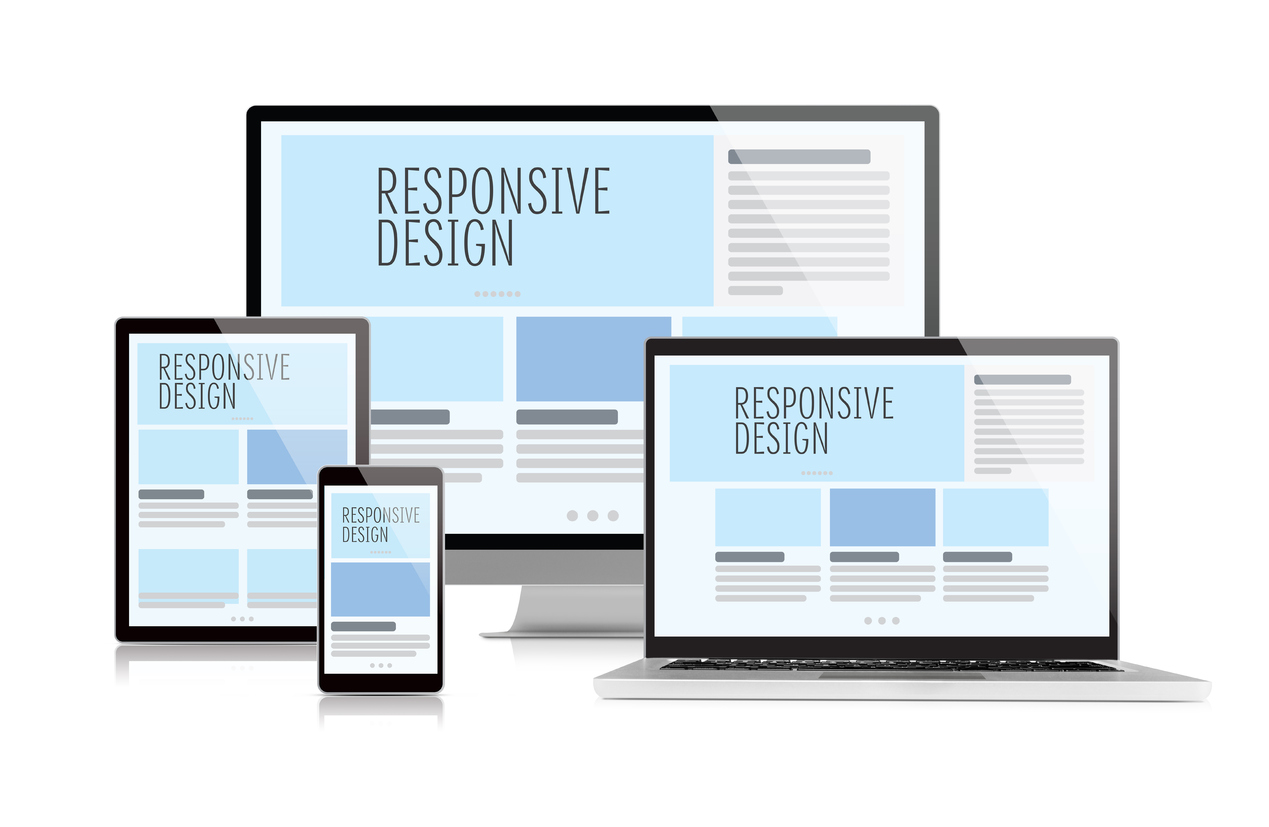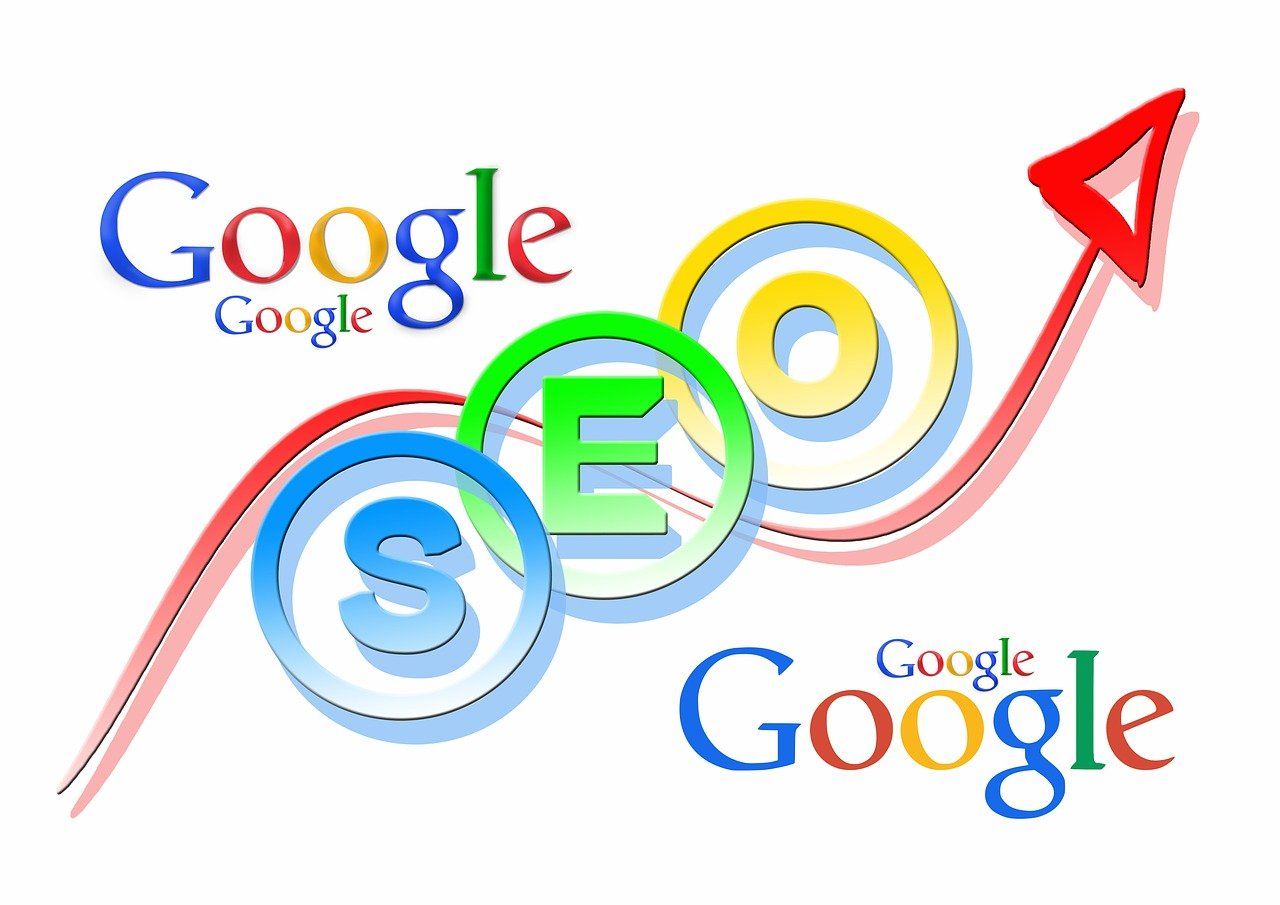Dynamic vs Static Websites -When building a website for your business or personal brand, one of the first decisions you must make is whether to create a static or dynamic website. Each option offers distinct features, functionality, and benefits. Understanding what each type of website entails helps you make an informed choice based on your specific needs.
In this comprehensive guide, we explore static and dynamic websites, explain their differences, and outline their respective advantages.
What Is a Static Website?
A static website consists of fixed web pages coded in HTML and CSS. Each page exists as a separate file on the server, displaying the same content to every visitor. When a user accesses the site, their browser retrieves the content exactly as it appears on the server, without any interaction with a database or external processing.
Web designers often build static websites for simple projects where content does not change frequently. Typical examples include portfolio websites, small business landing pages, and informational sites with limited interaction.
Key Features of Static Websites
- Fixed Content: The information on each page remains the same unless manually updated by a developer or webmaster.
- Simple to Create: Static websites require only basic coding knowledge in HTML, CSS, and sometimes JavaScript.
- No Database Connection: Content comes directly from the files on the server without database interaction.
Advantages of Static Websites
- Speed and Performance Static websites load faster because they deliver pre-written content directly to the user’s browser. There is no need to process requests through a server-side script or query a database, which reduces load times.
- Cost-Effective Hosting and developing static websites usually cost less. The lack of complex server-side applications and databases means reduced maintenance expenses.
- Enhanced Security Without a database or server-side scripts, static websites present fewer opportunities for hackers to exploit vulnerabilities. This makes them less susceptible to common web attacks.
- Ease of Deployment Developers can quickly launch static websites since they involve fewer components and simpler infrastructure. Making a static site live often takes less time than dynamic alternatives.
What Is a Dynamic Website?
A dynamic website generates content in real-time based on user interactions, preferences, or database queries. These sites rely on server-side programming languages like PHP, Python, or JavaScript (Node.js) and often connect to a content management system (CMS) such as WordPress or Joomla.
Dynamic websites allow users to engage with the content, fill out forms, log in to accounts, or search through a catalog of products. Examples include e-commerce stores, news portals, social networks, and blogs with frequently updated content.
Key Features of Dynamic Websites
- Interactive Content: The website changes and adapts based on user actions, preferences, or data inputs.
- Database Integration: Dynamic websites typically pull content from a database, making it easy to update or personalize information without altering the code.
- Advanced Functionality: Features like user authentication, shopping carts, content management systems, and forums are common in dynamic sites.
Advantages of Dynamic Websites
- Content Management Flexibility With dynamic websites, you can easily update, add, or remove content using a CMS without writing code. This flexibility makes it ideal for businesses with frequently changing content like blogs, e-commerce platforms, or news outlets.
- Personalized User Experience Dynamic websites deliver personalized content to users based on their interactions, location, preferences, or account details. This personalization enhances user engagement and increases customer satisfaction.
- Scalability Dynamic websites offer greater scalability. As your business grows and you need additional features or more complex functionality, dynamic sites adapt easily without requiring a complete overhaul.
- Integration with External Systems You can seamlessly integrate dynamic websites with third-party applications such as CRMs, payment gateways, email marketing tools, and social media platforms. This integration streamlines business processes and improves customer interactions.
Key Differences Between Static and Dynamic Websites
| Aspect | Static Website | Dynamic Website |
|---|---|---|
| Content Type | Fixed; same for every visitor | Interactive; changes based on user input |
| Technology Used | HTML, CSS, basic JavaScript | Server-side languages (PHP, Python), CMS |
| Database | No database required | Requires database integration |
| Customization | Limited personalization | Highly customizable and user-focused |
| Development Time | Faster and easier to deploy | Requires more time and resources |
| Maintenance | Minimal updates, manual content changes | Easy updates through CMS, automated |
| Speed | Extremely fast page load | Slightly slower, but optimized with caching |
| Cost | Lower development and hosting costs | Higher costs due to complexity |
Which One Should You Choose?
The decision depends on your business needs and future goals.
- Choose a static website if you need a simple, fast, and cost-effective online presence. Static sites work well for small businesses, personal portfolios, or informational sites that rarely need updates.
- Choose a dynamic website if your business requires frequent content updates, user interaction, or advanced features such as e-commerce, blogs, or user account management. Dynamic websites provide flexibility and scalability, making them ideal for growing businesses and organizations.
Conclusion
Both static and dynamic websites serve important roles in the digital landscape. Static websites deliver speed, security, and simplicity, while dynamic websites offer versatility, interactivity, and robust functionality. By understanding the differences and advantages of each, you can make the right choice for your website needs—whether you aim to establish a simple online presence or develop an interactive platform to engage users and grow your business.
If you need help deciding which type of website is best for your company, our expert team is ready to guide you through the process and develop a solution tailored to your goals!
Contact Us:Website: – Click Here
WhatsApp | Call: +254 743 149 267 | + 254 738 352 258
Email Address: info@beseenlimited.com | sales@beseenlimited.com
Follow our IG: @Beseenlimited





